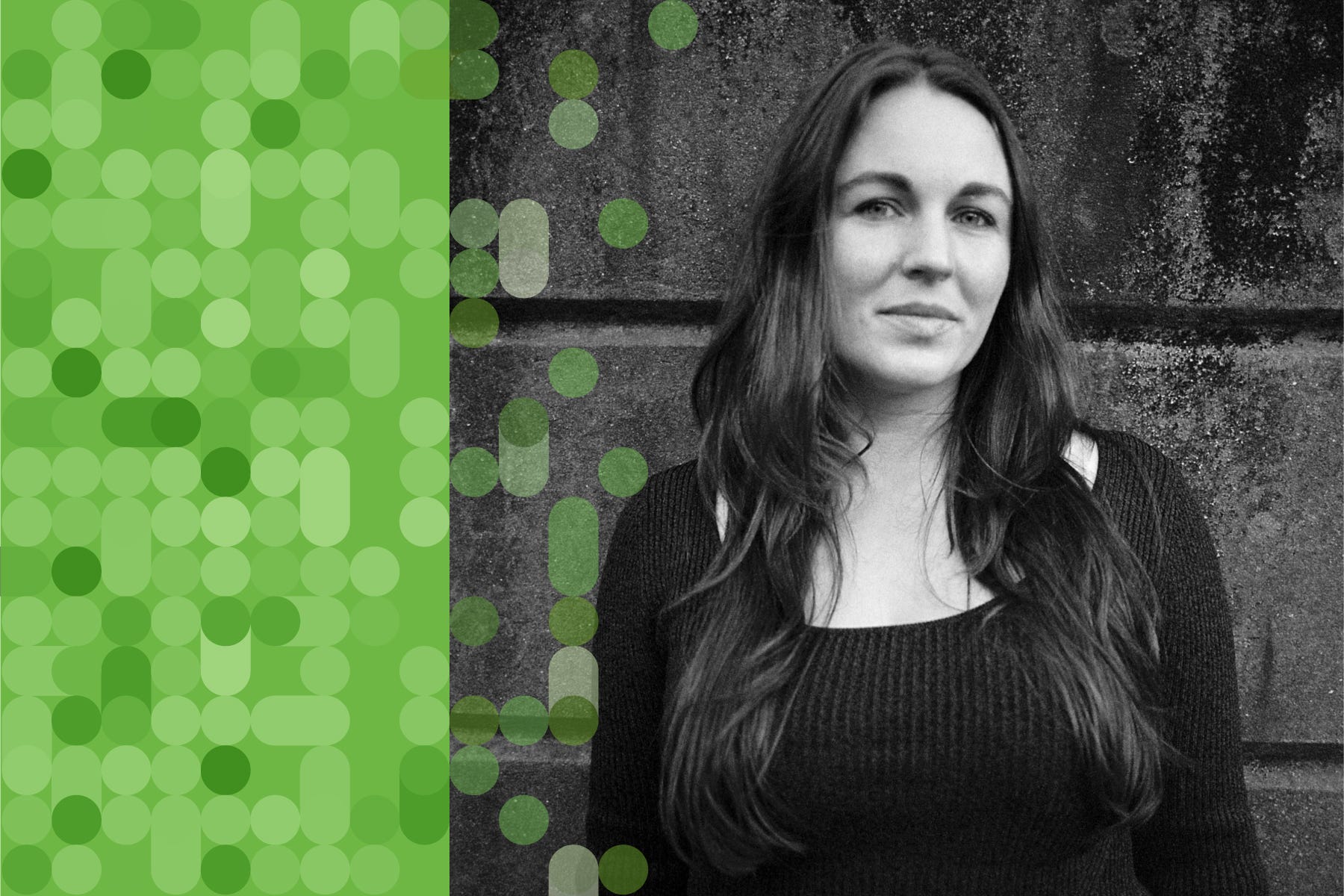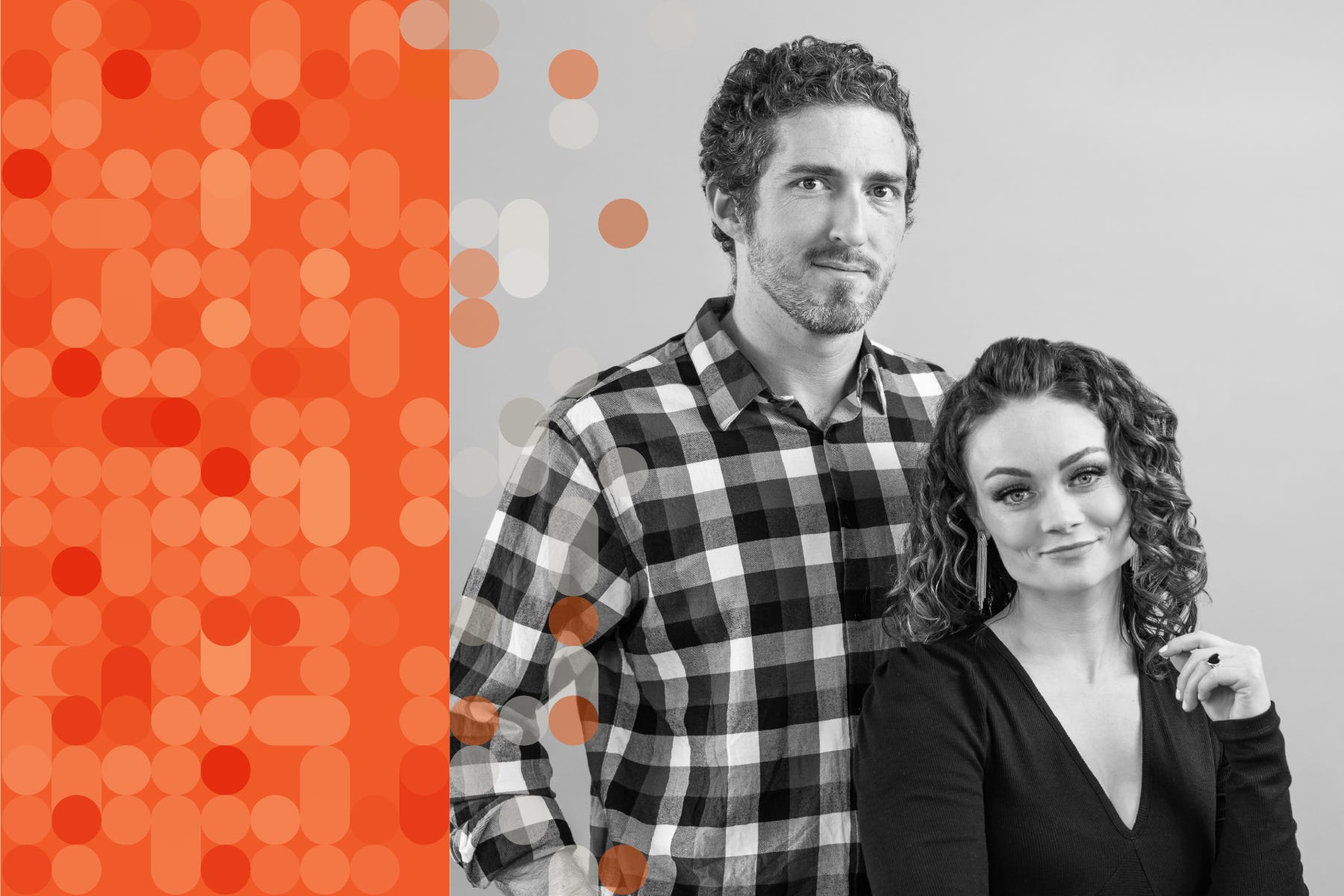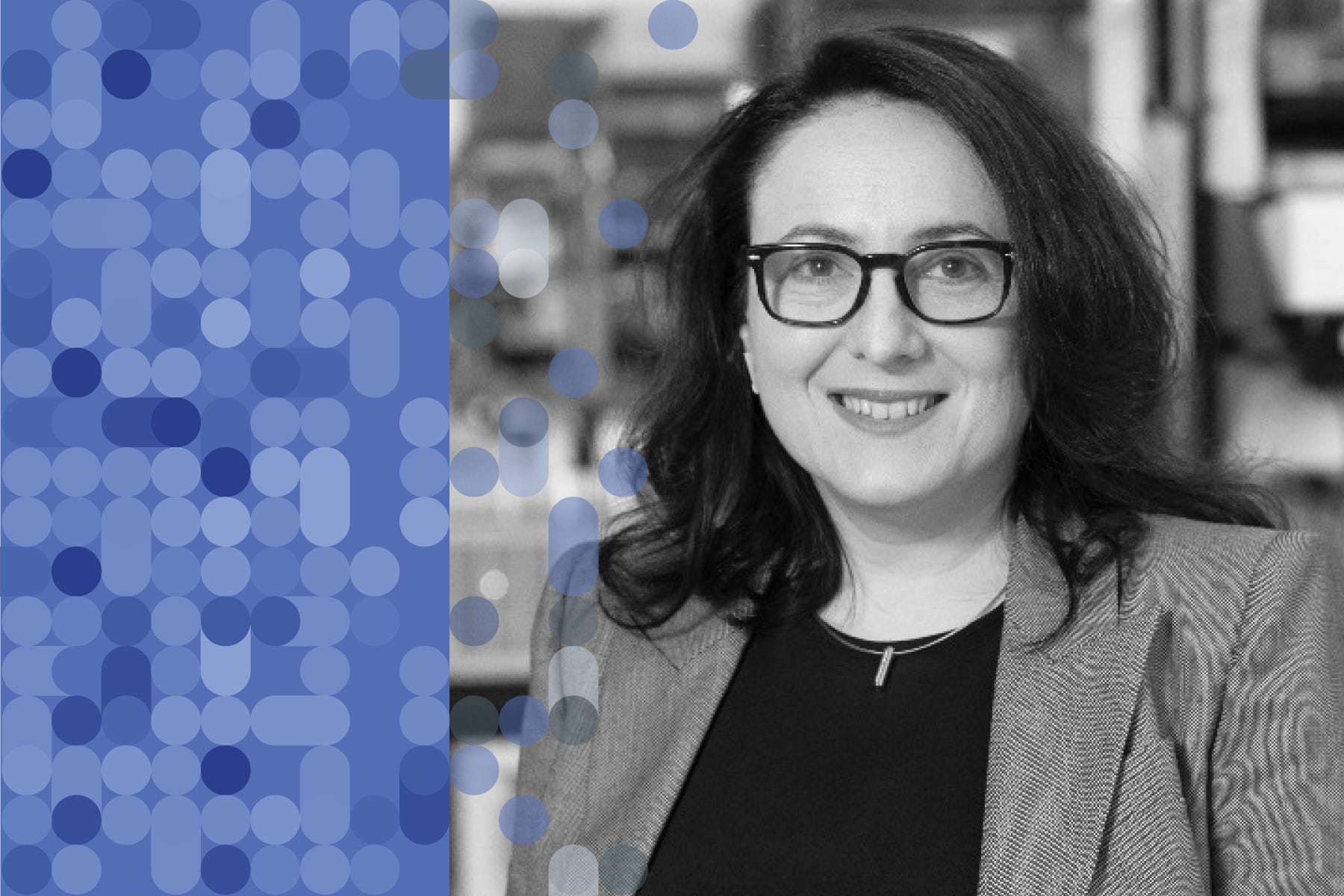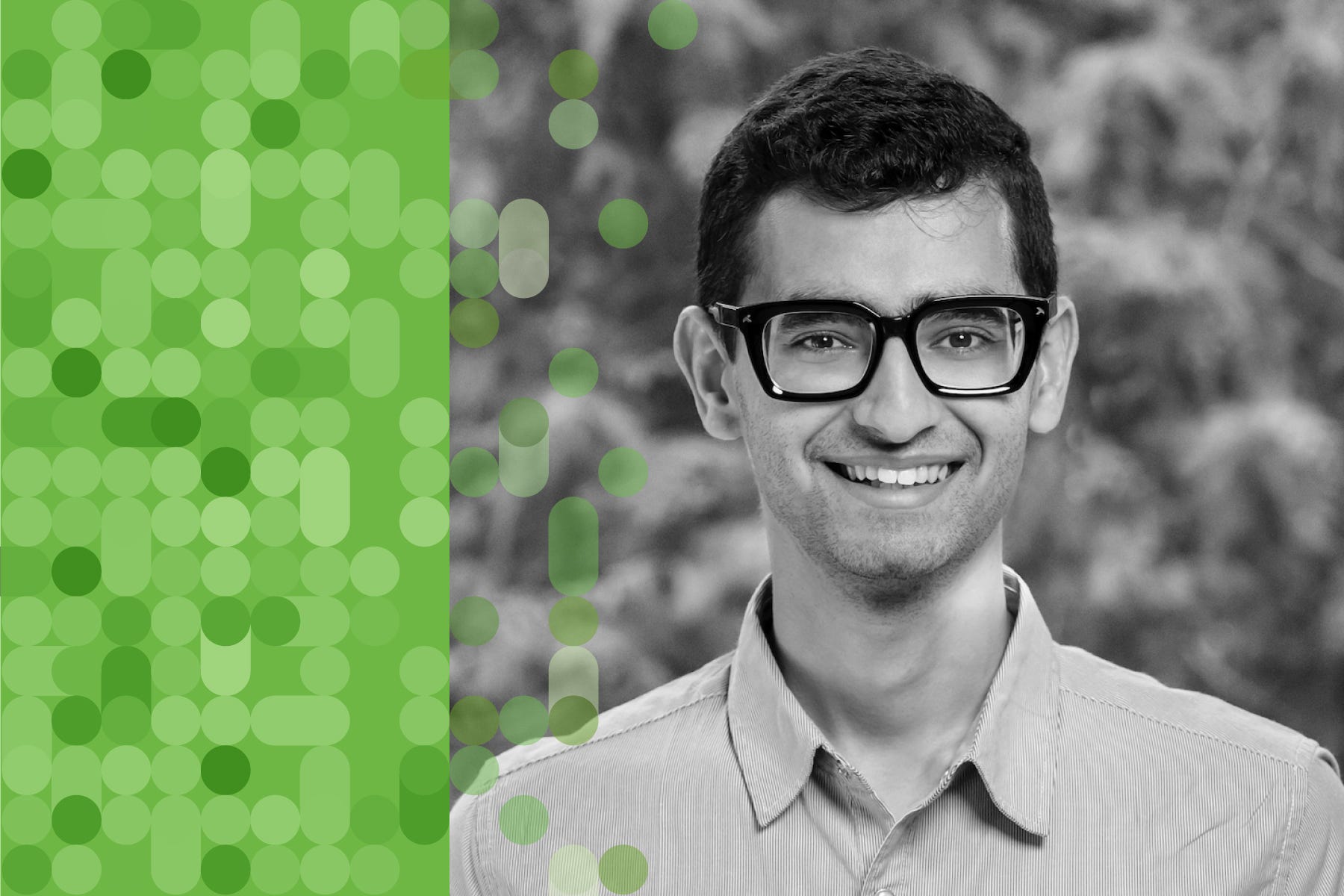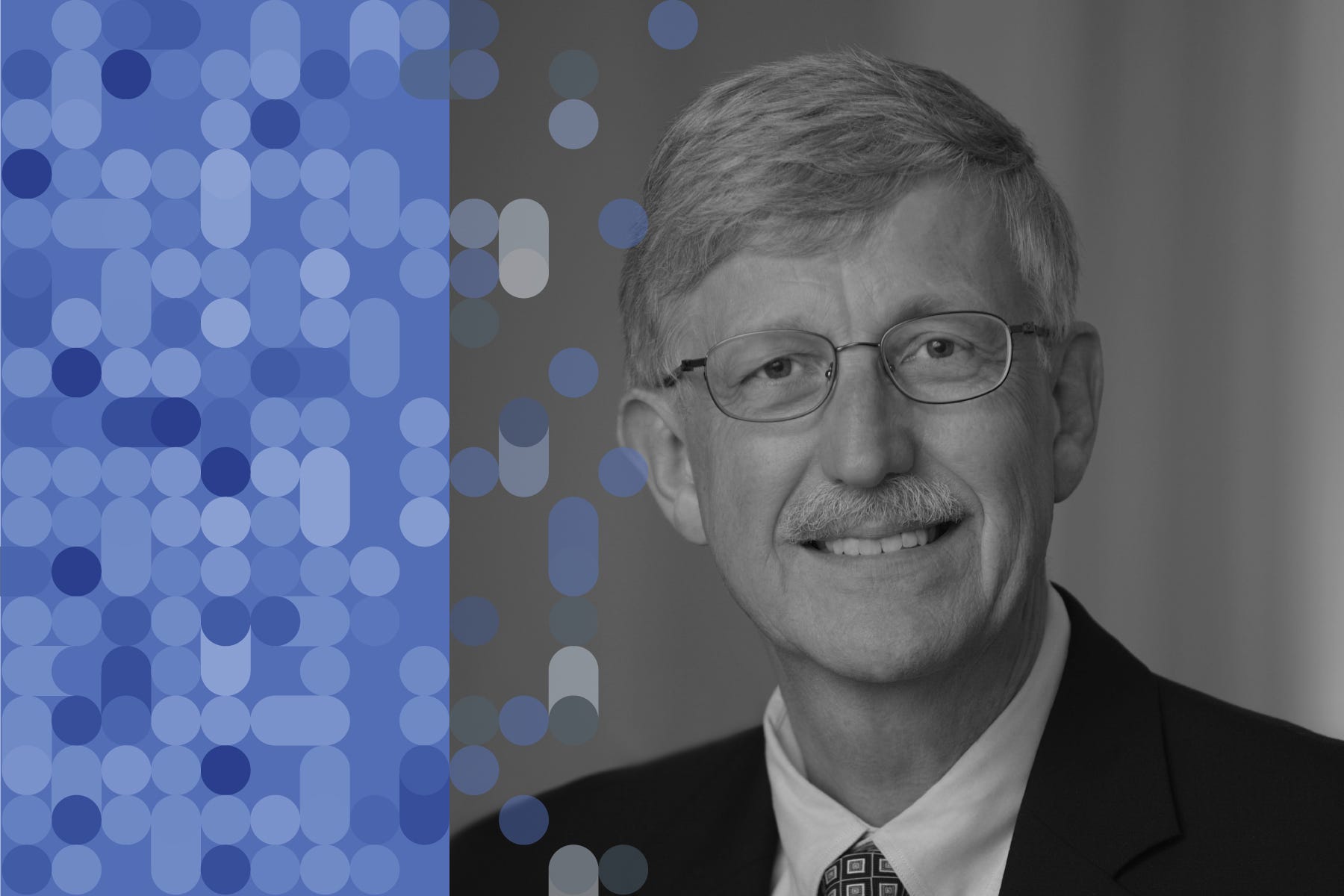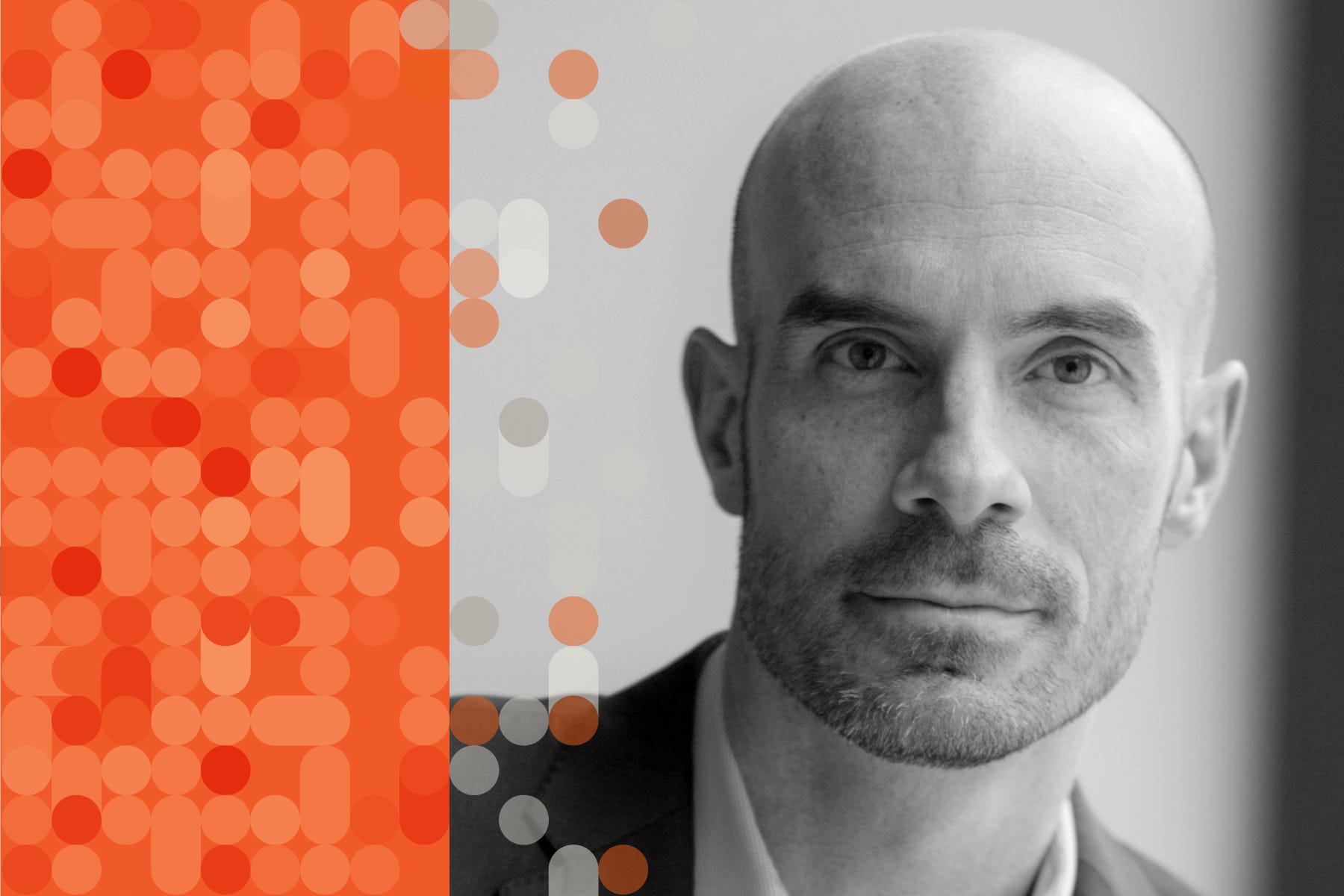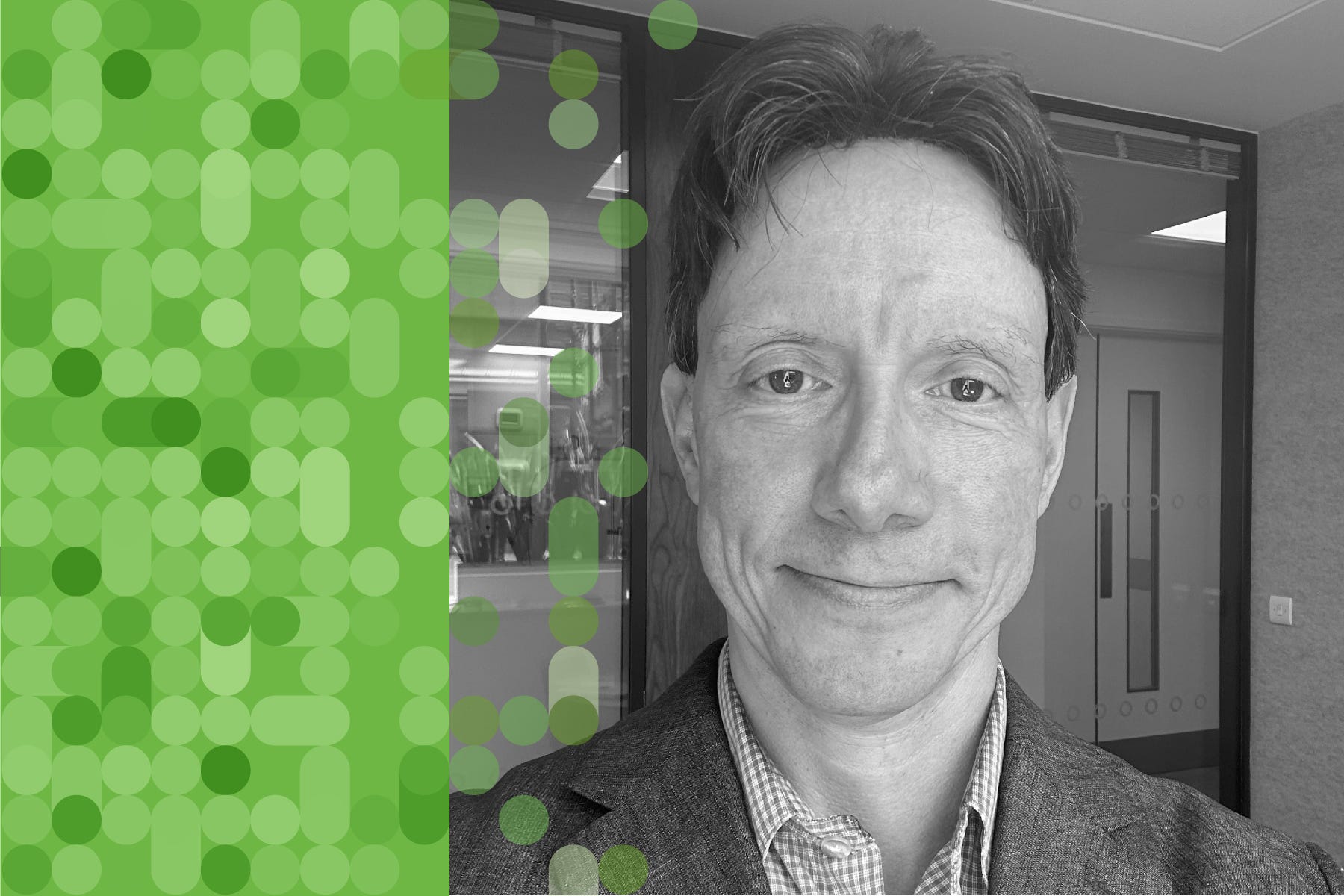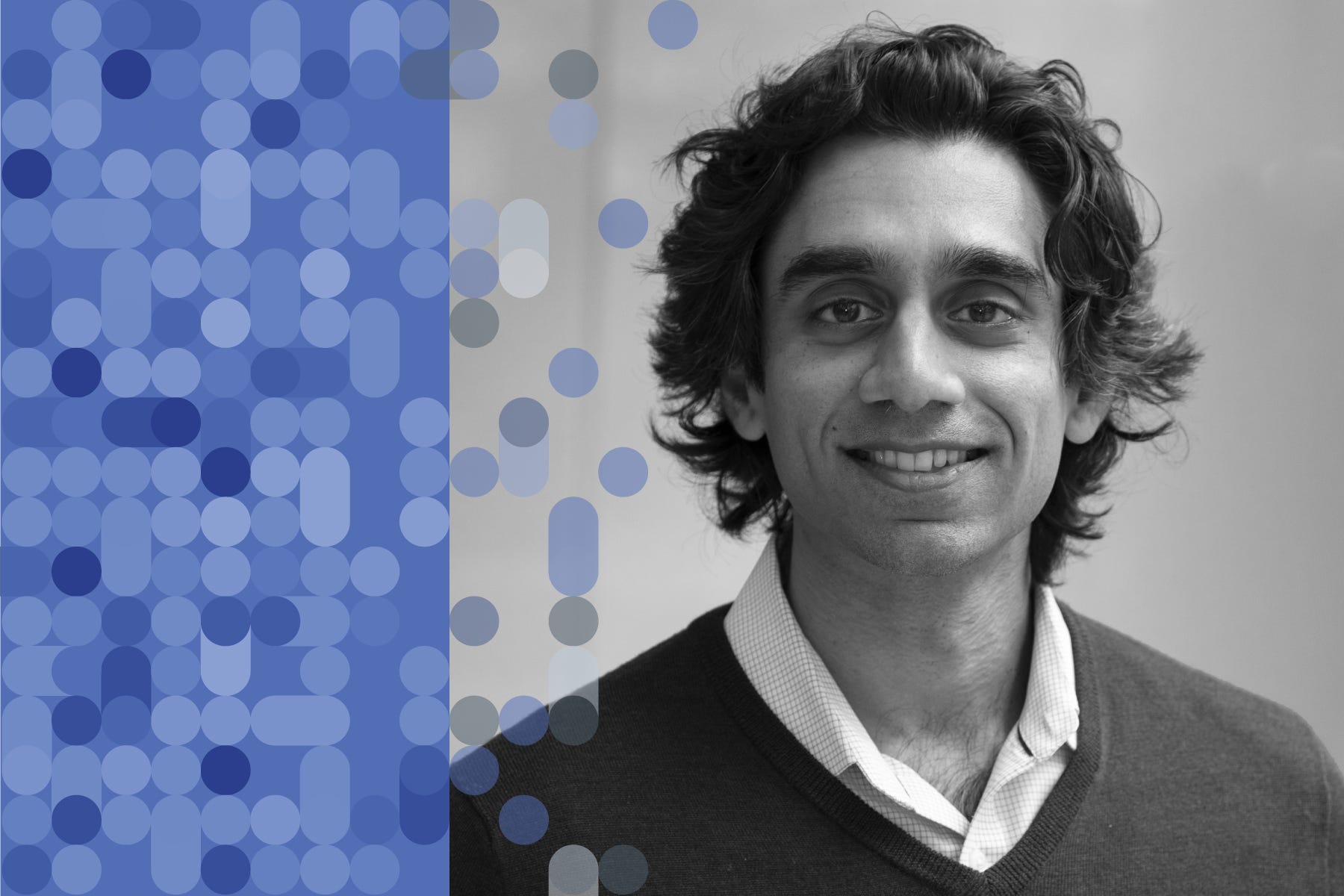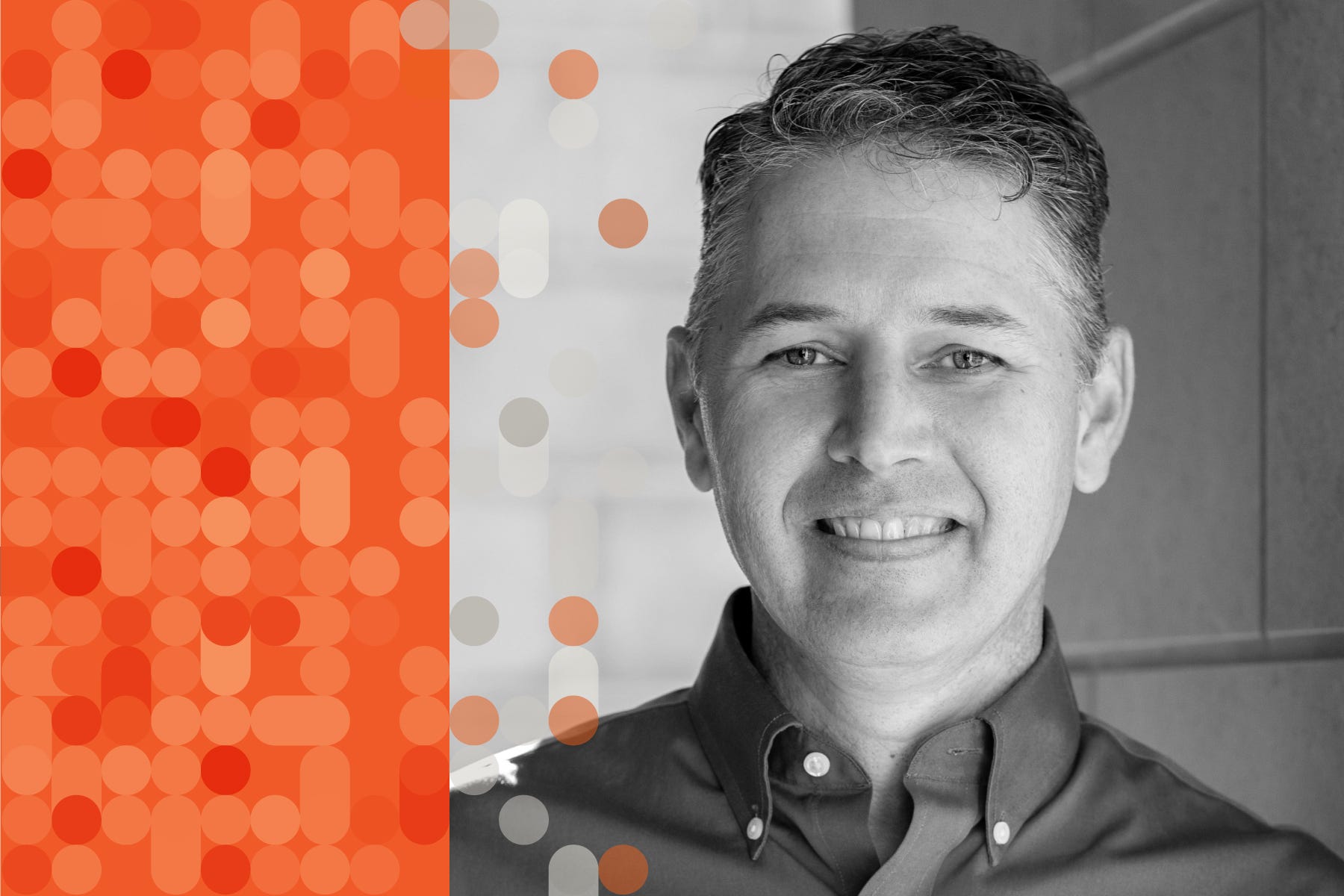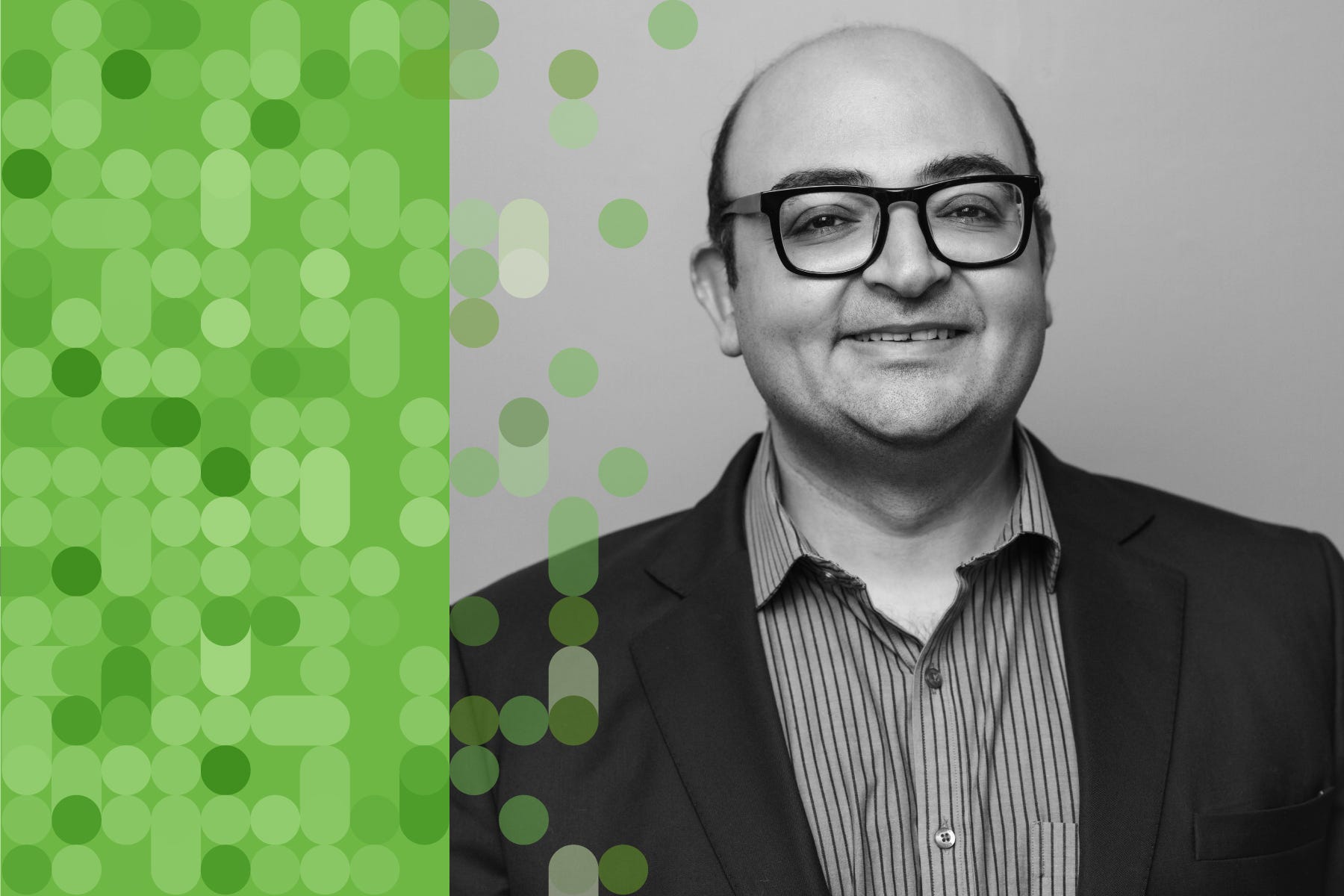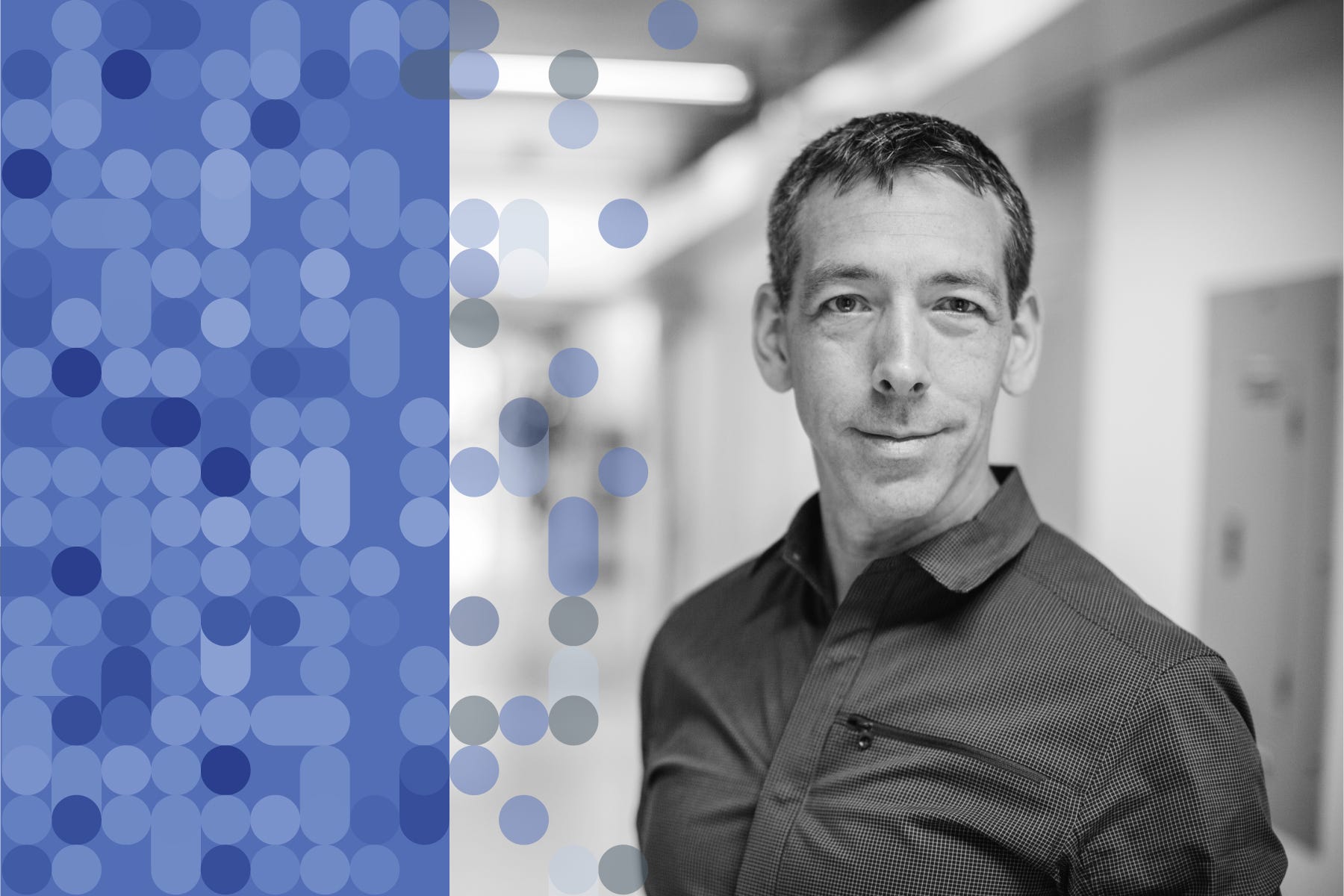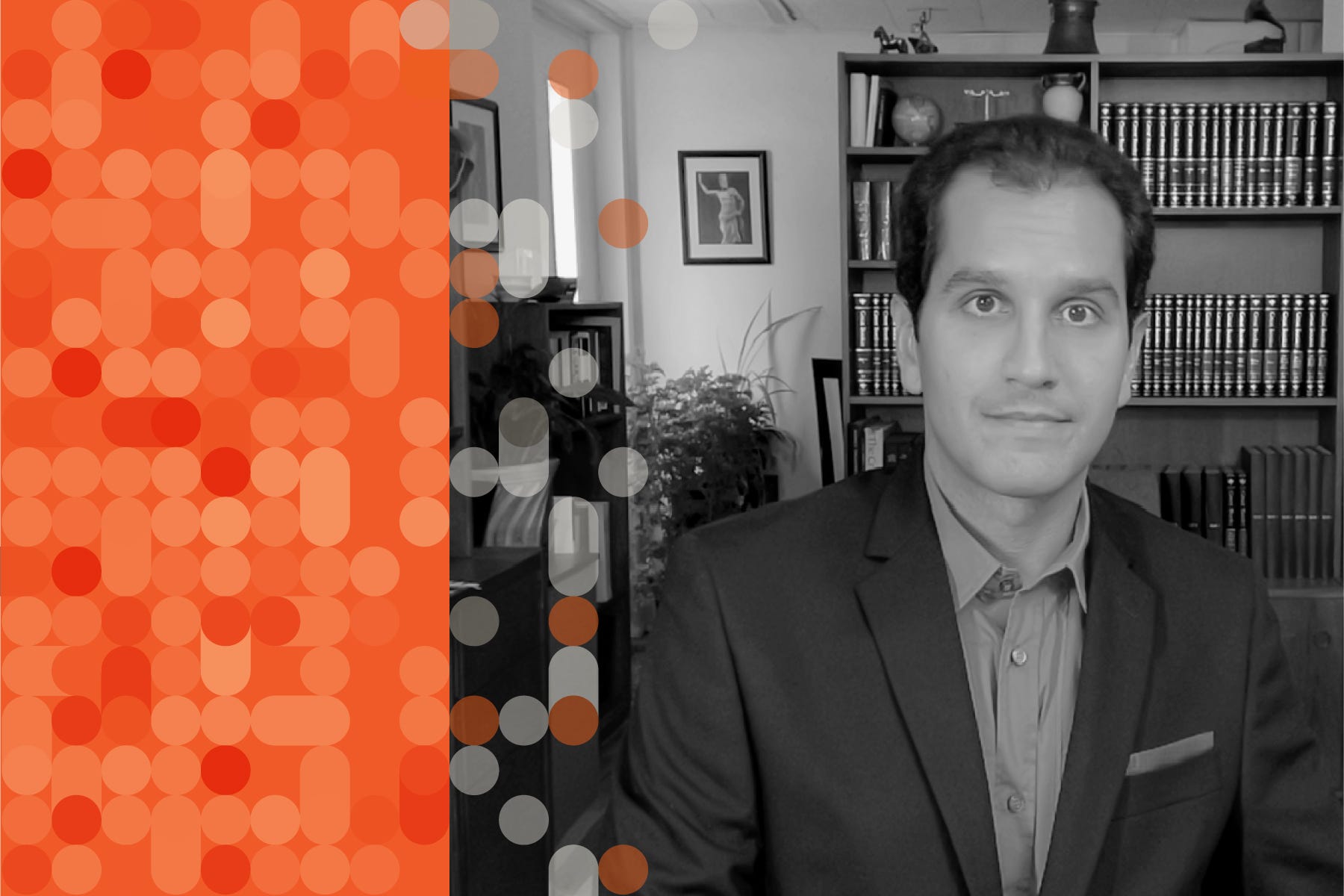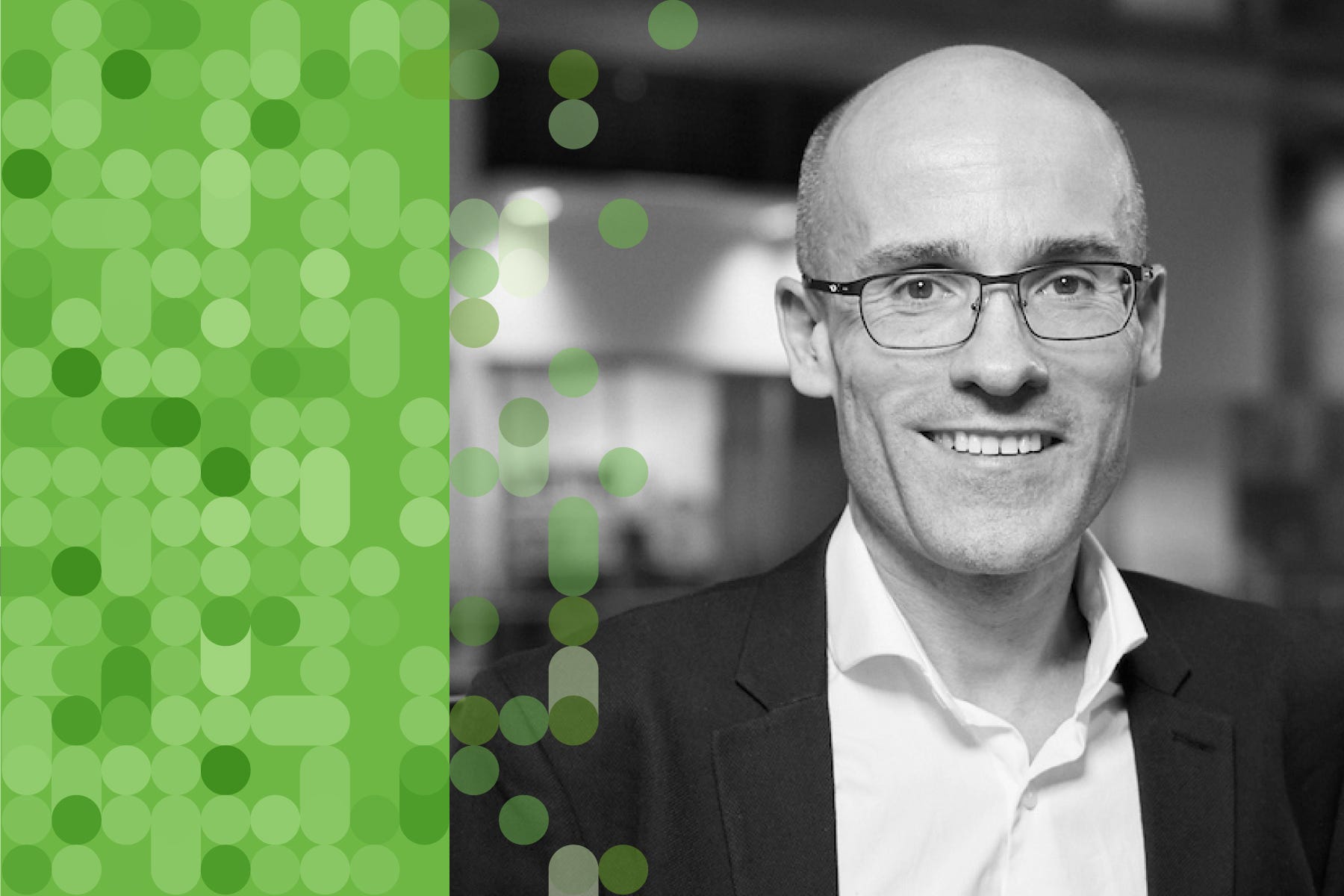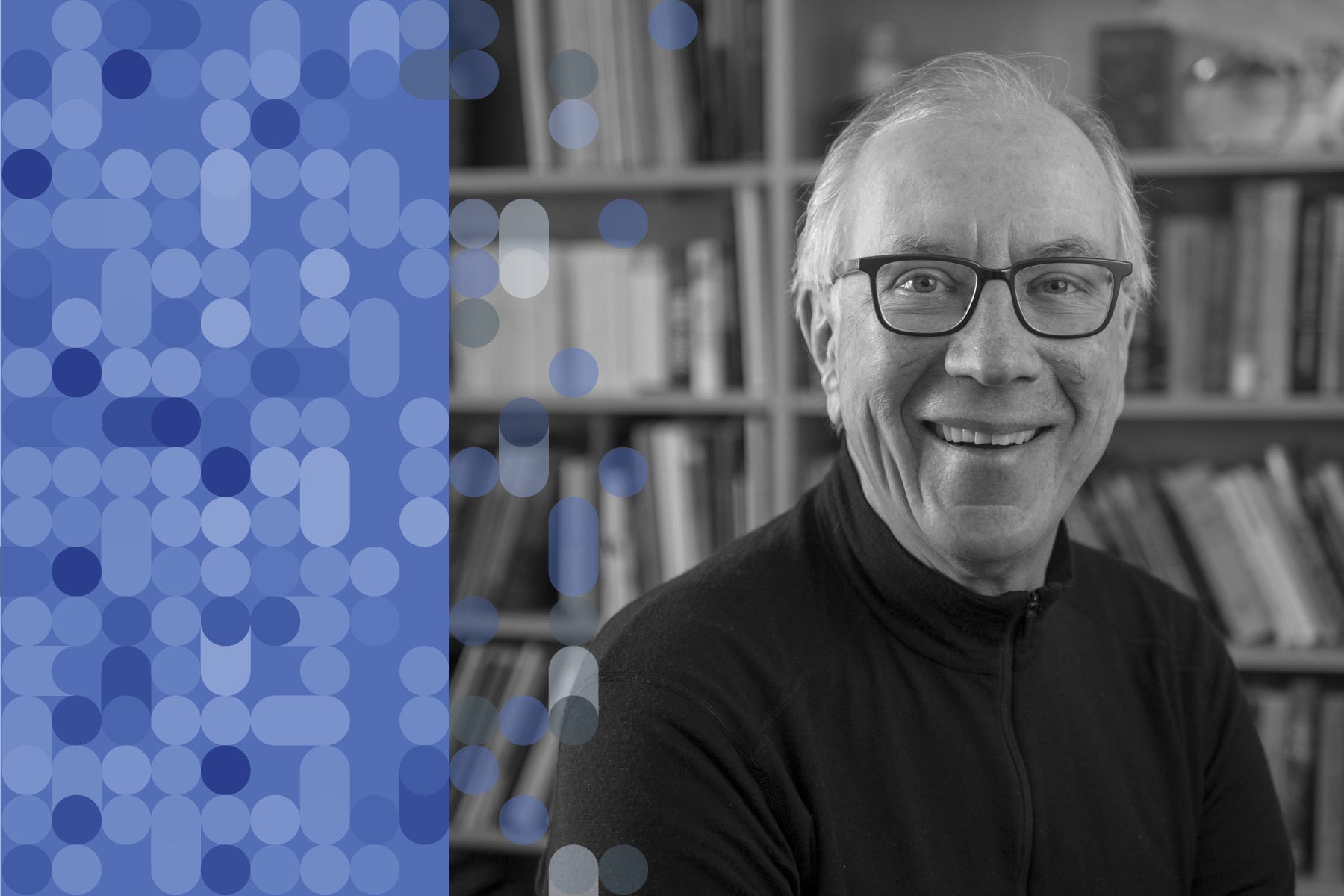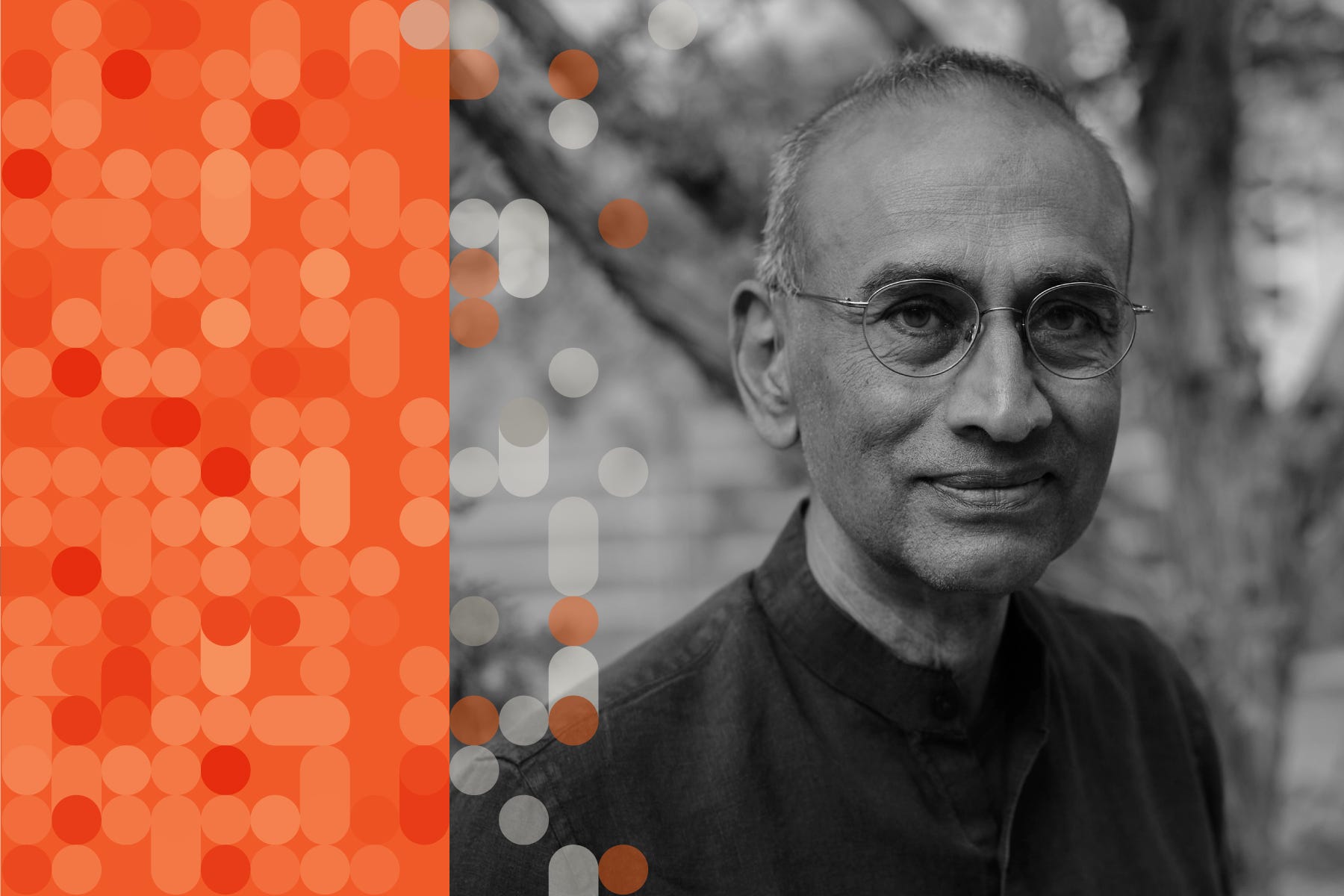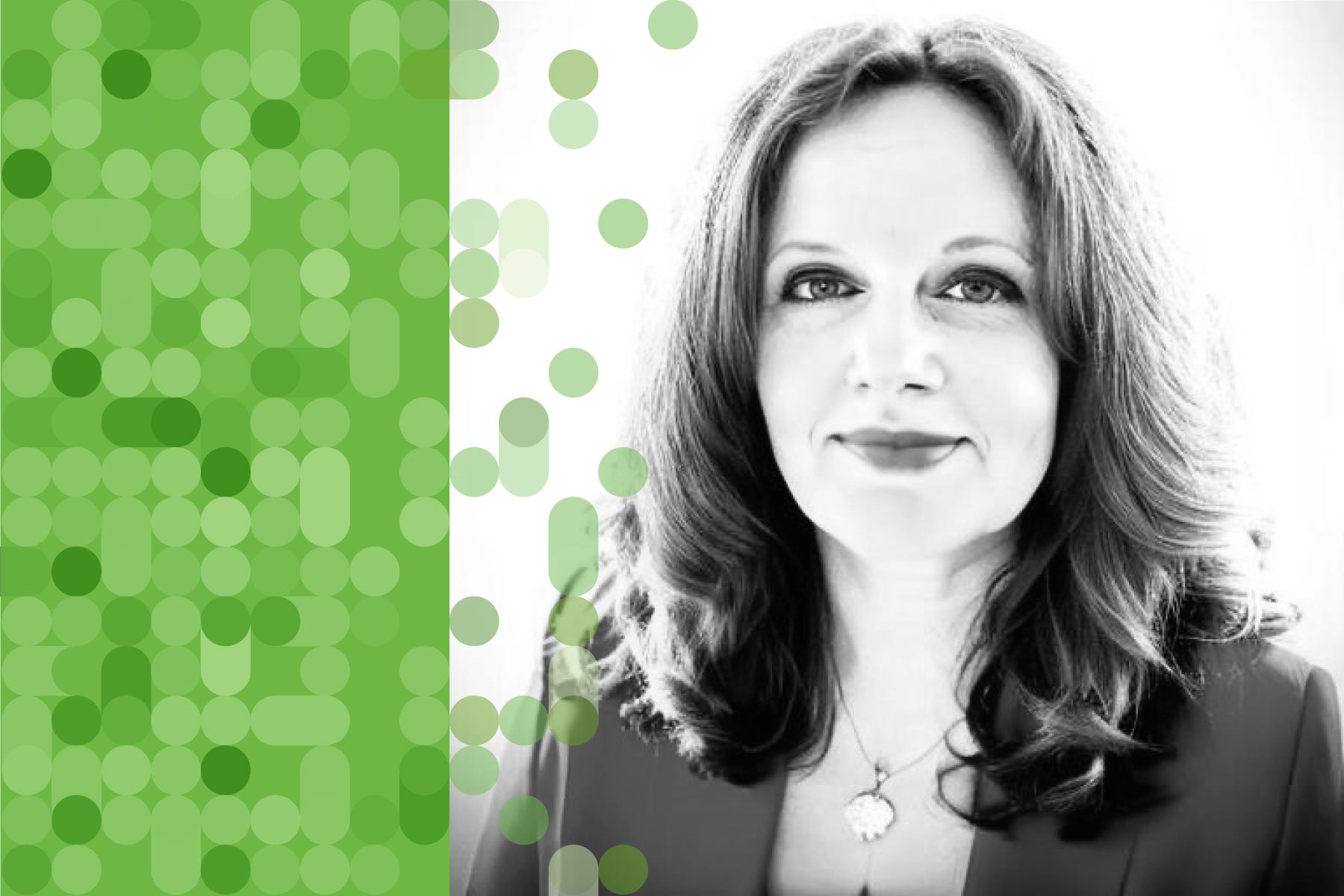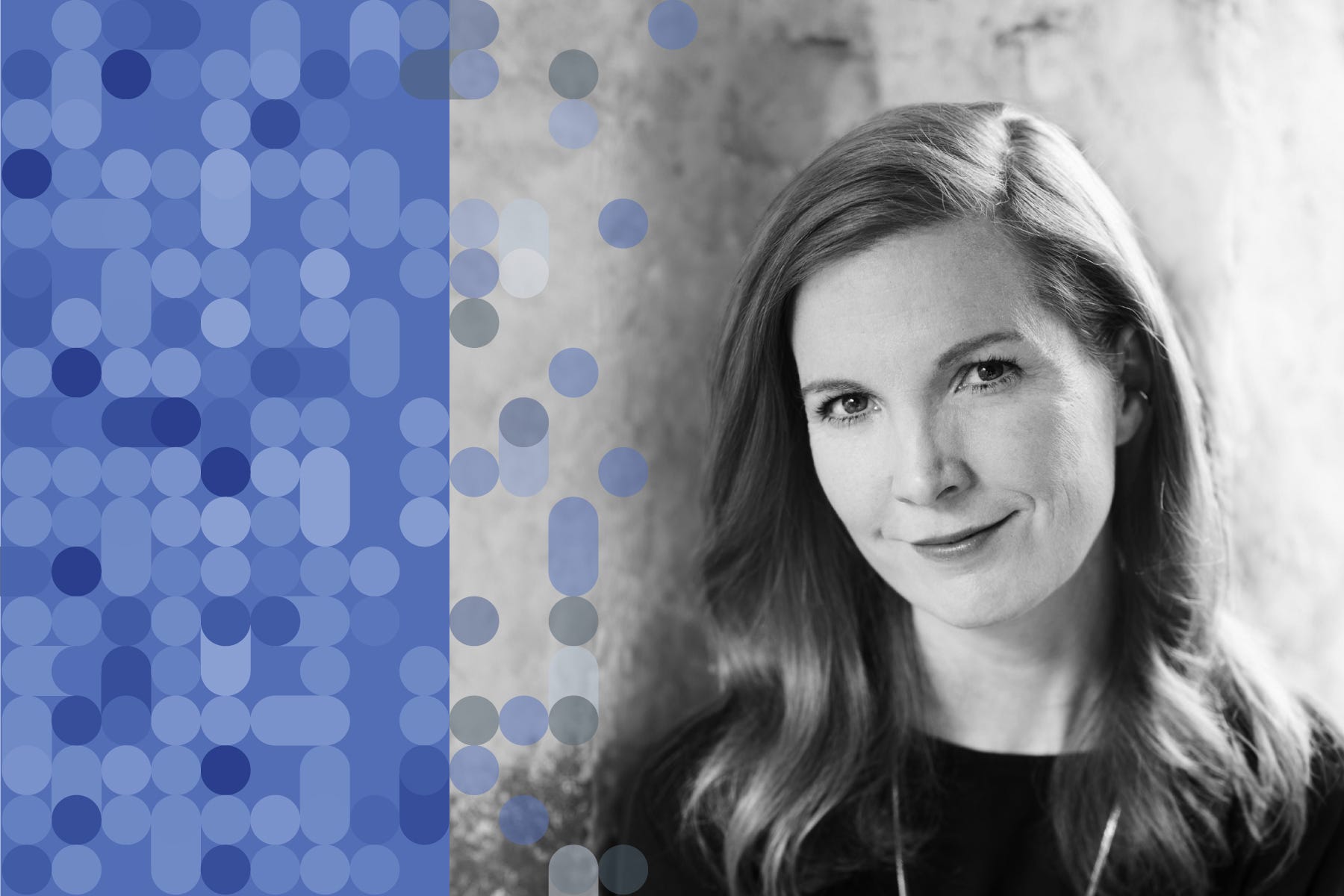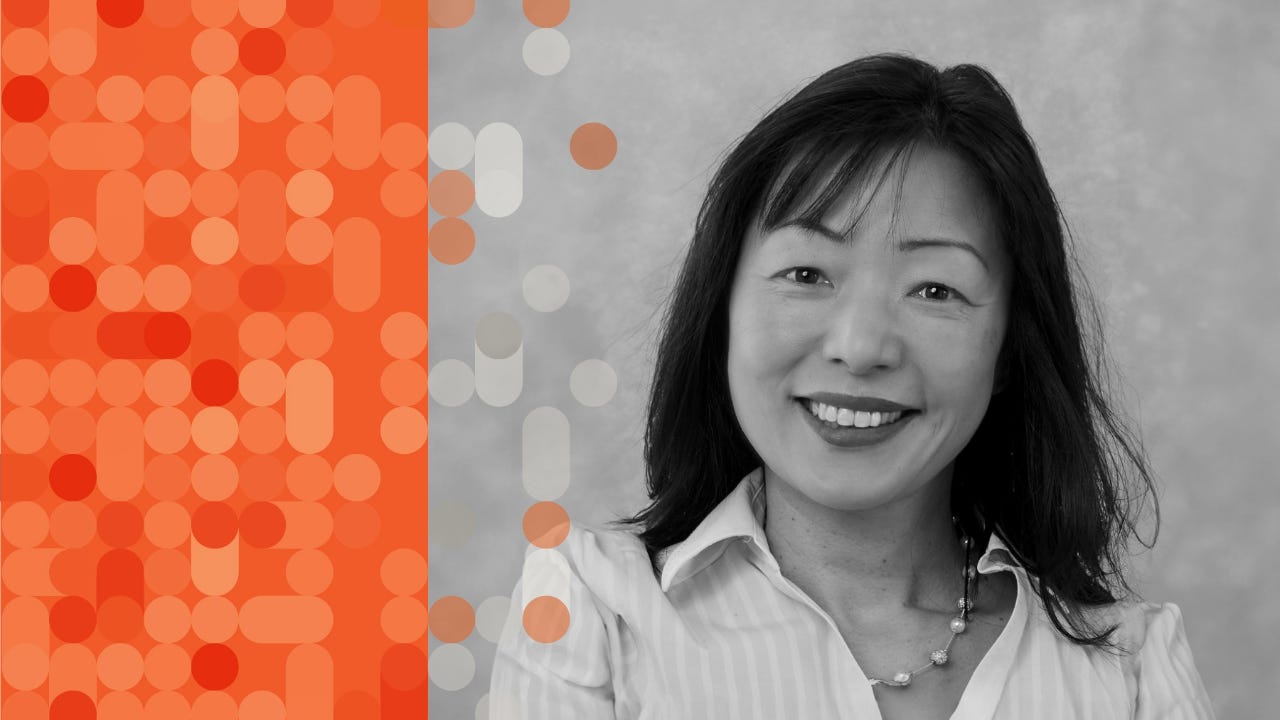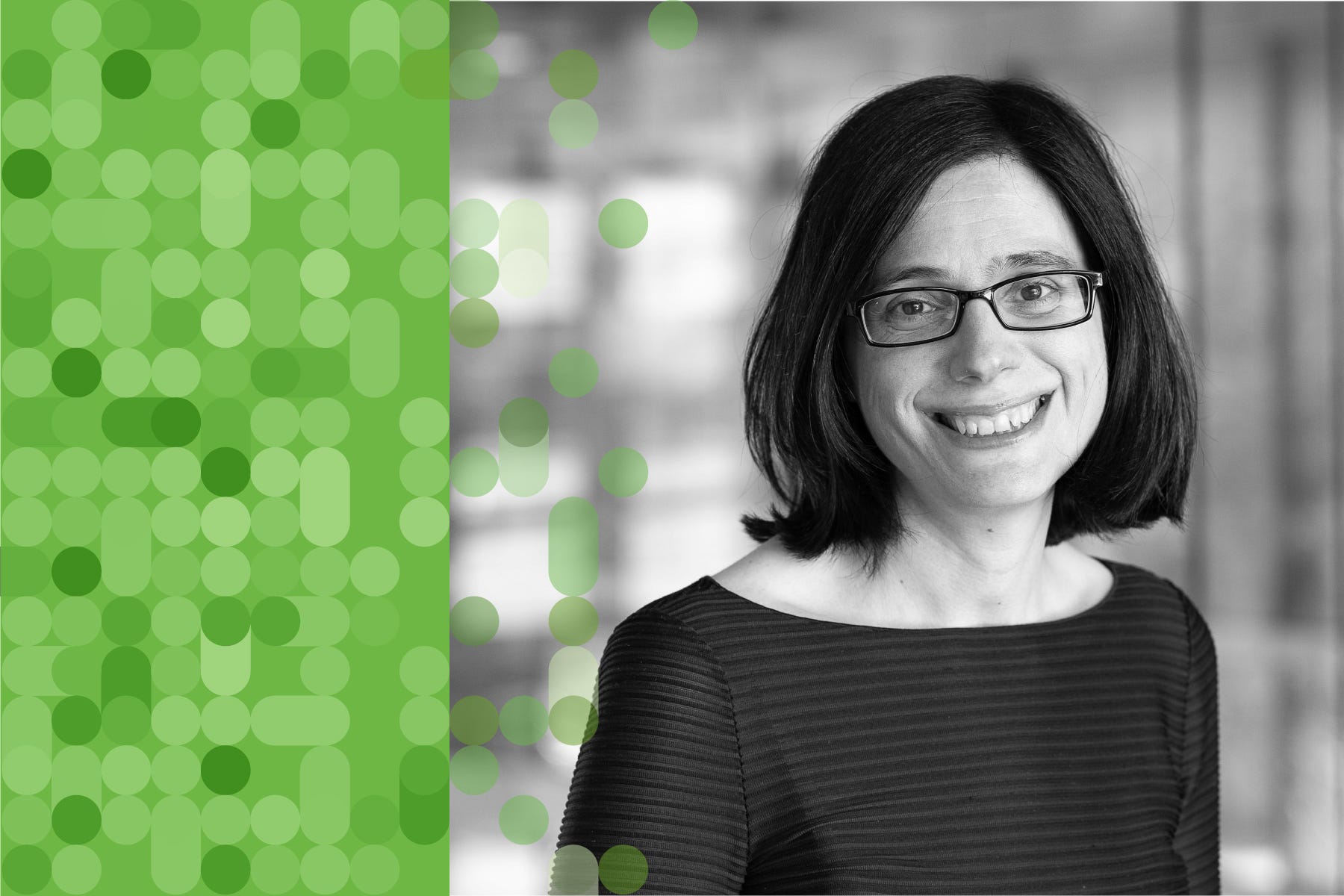Rachael Bedard: A Geriatric Physician and Champion for Patients Without a Voice
Description
Above is a brief video snippet from our conversation. Full videos of all Ground Truths podcasts can be seen on YouTube here. The audios are also available on Apple and Spotify.
Transcript with links to audio and external citations
Eric Topol (00:06 ):
Well, hello it's Eric Topol with Ground Truths, and I'm really delighted to welcome Dr. Rachael Bedard, who is a physician geriatrician in New York City, and is actually much more multidimensional, if you will. She's a writer. We're going to go over some of her recent writings. She's actually quite prolific. She writes in the New Yorker, New York Magazine, New York Times, New York Review of Books. If it has New York in front of it, she's probably writing there. She's a teacher. She works on human rights, civil rights, criminal justice in the prison system. She's just done so much that makes her truly unique. That's why I really wanted a chance to meet her and talk with her today. So welcome, Rachael.
Rachael Bedard (00:52 ):
Thank you, Dr. Topol. It's an honor to be here.
Eric Topol (00:55 ):
Well, please call me Eric and it's such a joy to have a chance to get acquainted with you as a person who is into so many different things and doing all of them so well. So maybe we'd start off with, because you're the first geriatrician we've had on this podcast.
Practicing Geriatrics and Internal Medicine
Eric Topol (01:16 ):
And it’s especially apropos now. I wanted maybe to talk about your practice, how you got into geriatrics, and then we'll talk about the piece you had earlier this summer on aging.
Rachael Bedard (01:32 ):
Sure. I went into medicine to do social justice work and I was always on a funny interdisciplinary track. I got into the Mount Sinai School of Medicine through what was then called the Humanities and Medicine program, which was an early acceptance program for people who were humanities focused undergrads, but wanted to go into medicine. So I always was doing a mix of politics and activist focused work, humanities and writing, that was always interested in being a doctor. And then I did my residency at the Cambridge Health Alliance, which is a social medicine program in Cambridge, Massachusetts, and my chief residency there.
(02:23 ):
I loved being an internist, but I especially loved taking care of complex illness and I especially loved taking care of complex illness in situations where the decision making, there was no sort of algorithmic decision-making, where you were doing incredibly sort of complex patient-centered shared decision making around how to come up with treatment plans, what the goals of care were. I liked taking care of patients where the whole family system was sort of part of the care team and part of the patient constellation. I loved running family meetings. I was incredibly lucky when I was senior resident and chief resident. I was very close with Andy Billings, who was one of the founders of palliative care and in the field, but also very much started a program at MGH and he had come to work at Cambridge Hospital in his sort of semi-retirement and we got close and he was a very influential figure for me. So all of those things conspired to make me want to go back to New York to go to the Sinai has an integrated geriatrics and palliative care fellowship where you do both fellowships simultaneously. So I came to do that and just really loved that work and loved that medicine so much. There was a second part to your question.
Eric Topol (03:52 ):
Is that where you practice geriatrics now?
Rachael Bedard (03:55 ):
No, now I have ever since finishing fellowship had very unusual practice settings for a geriatrician. So right out of fellowship, I went to work on Rikers Island and then New York City jail system, and I was the first jail based geriatrician in the country, which is a sort of uncomfortable distinction because people don't really like to think about there being a substantial geriatric population in jails. But there is, and I was incredibly lucky when I was finishing fellowship, there was a lot of energy around jail healthcare in New York City and I wrote the guy who was then the CMO and said, do you think you have an aging problem? And he said, I'm not sure, but if you want to come find out, we'll make you a job to come find out. And so, that was an incredible opportunity for someone right out of fellowship.
(04:55 ):
It meant stepping off the sort of academic track. But I went and worked in jail for six years and took care of older folks and people with serious illness in jail and then left Rikers in 2022. And now I work in a safety net clinic in Brooklyn that takes care of homeless people or people who have serious sort of housing instability. And that is attached to Woodhull Hospital, which is one of the public hospitals in New York City. And there I do a mix of regular internal medicine primary care, but I preferentially see the older folks who come through, which is a really interesting, painful, complicated patient population because I see a fair amount of cognitive impairment in folks who are living in the shelter system. And that's a really hard problem to address.
Frailty, The Aged, and Longevity
Eric Topol (05:54 ):
Well, there's a theme across your medical efforts. It seems to me that you look after the neglected folks, the prisoners, the old folks, the homeless people. I mean that's kind of you. It's pretty impressive. And there's not enough of people like you in the medical field. Now, no less do you do that, but of course you are a very impressive author, writer, and of many topics I want to get into with you, these are some recent essays you've written. The one that piqued my interest to start to understand who you were and kind of discover this body of work was the one that you wrote related to aging and President Biden. And that was in New York Times. And I do want to put in a quote because as you know very well, there's so much interest in longevity now.
Eric Topol (06:51 ):
Interrupting the aging process, and this one really stuck with me from that op-ed, “Time marches forward, bodies decline, and the growing expectation that we might all live in perfect health until our 100th birthdays reflects a culture that overprizes longevity to the point of delusion.” So maybe if you could tell us, that was a rich piece, you got into frailty, you related it to the issues that were surrounding President Biden who at that time had not withdrawn from the race. But what were you thinking and what are your thoughts about the ability to change the aging process?
Rachael Bedard (07:36 ):
I am very interested in, I mean, I'm incredibly interested in the science of it. And so, I guess I think that there are a few things.
(07:49 ):
One thing is that the framework that, the part that gives me pause the most is this framework that anything less than perfect health is not a life worth living. So if you're going to have a long life, life should not just

